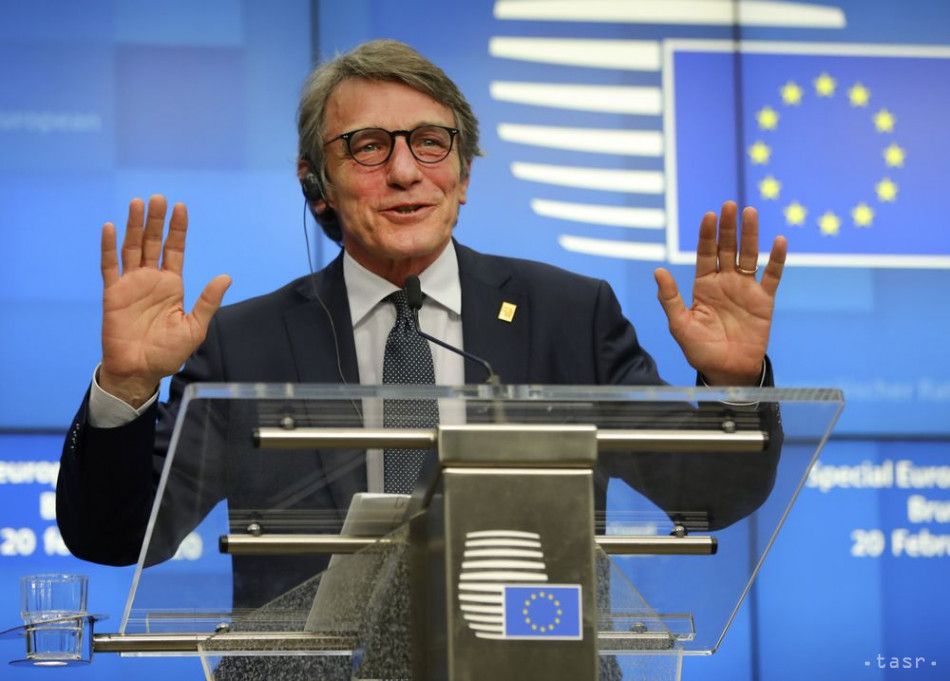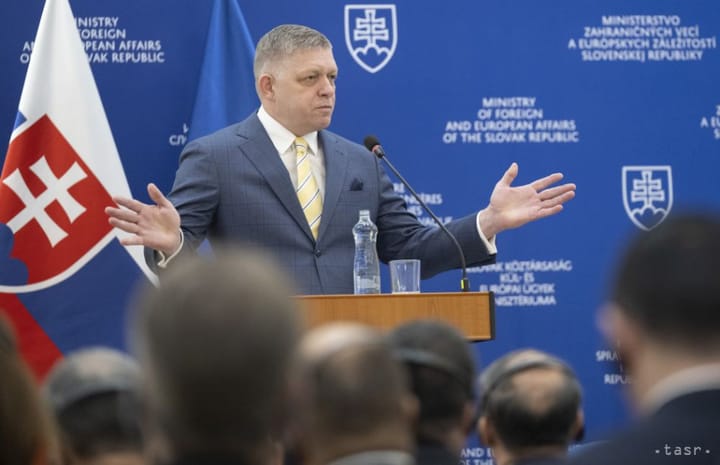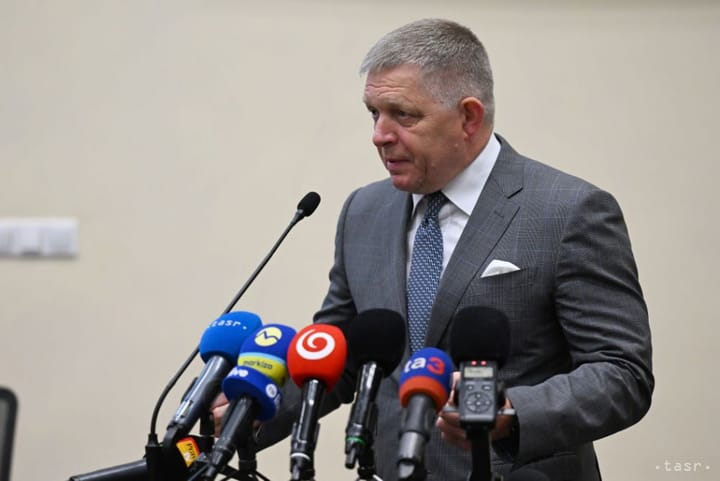Sassoli: Legacy of Late French President VGE Should Shape Also Ongoing CoFoE

Brussels/Strasbourg/Bratislava, December 2 (TASR-correspondent) – The lessons learned from late former French President Valery Giscard d’Estaing (1974-81) were not to divide pro-European forces, but rather build a stronger Parliament and more solid democracy, said European Parliament President David Sassoli in his tribute speech paid to d’Estaing on Thursday.
This legacy of the late French president, nicknamed VGE by French media, is also a strong message that should shape the ongoing Conference on the Future of Europe (CoFoE), added Sassoli.
“First and foremost, he was a European by conviction. For him, Europe was not a strategic calculation nor a random choice. Europe was the upshot of history,” declared Sassoli, who emphasised on the role d’Estaing played in forming a “democratic and more unified” Europe.
Sassoli pointed out that it was d’Estaing, who in 1979 paved the way for the election of MEPs by universal suffrage, “demonstrating his unshakeable faith” in European democracy and parliamentary democracy.
“As we Europeans know, while President of France he supported European integration and the consolidation of democracy in Europe, particularly in the countries of southern Europe. ‘One does not keep Plato waiting’ he observed, and his commitment to the accession to the Community of Greece, followed by Spain and Portugal, reflects one of his deepest-held convictions: Europe is not simply a common market or an economic construct. It is also, and above all else, a spiritual and cultural ideal, a treasure-trove of civilisation, and the embodiment of fraternity among peoples,” said Sassoli.
It was Valery Giscard d’Estaing who was tasked with heading the Convention on the Future of Europe, held in 2001-03, that laid the groundwork for approving a constitutional agreement for the EU that translated into the passing of the Lisbon Treaty.
Sassoli noted that even in his twilight years, d’Estaing continued to devote himself to Europe, as reflected in his last essay in 2014. Based on a clear and uncomplacent appraisal of where Europe stood at the time, he and Helmut Schmidt presented a “number of daring proposals” for even further integration that reflected his lifelong commitment to Europe.
“This project belongs to you. To carry it through, you will have to abandon many negative attitudes you may have, such as political prejudice, individual selfishness and fear of change, and draw strength from the great hope presented to you of building one of the great civilisations of the 21st century, based on the foundations of our history. We call on you to succeed in this,” Sassoli quoted from the essay.



